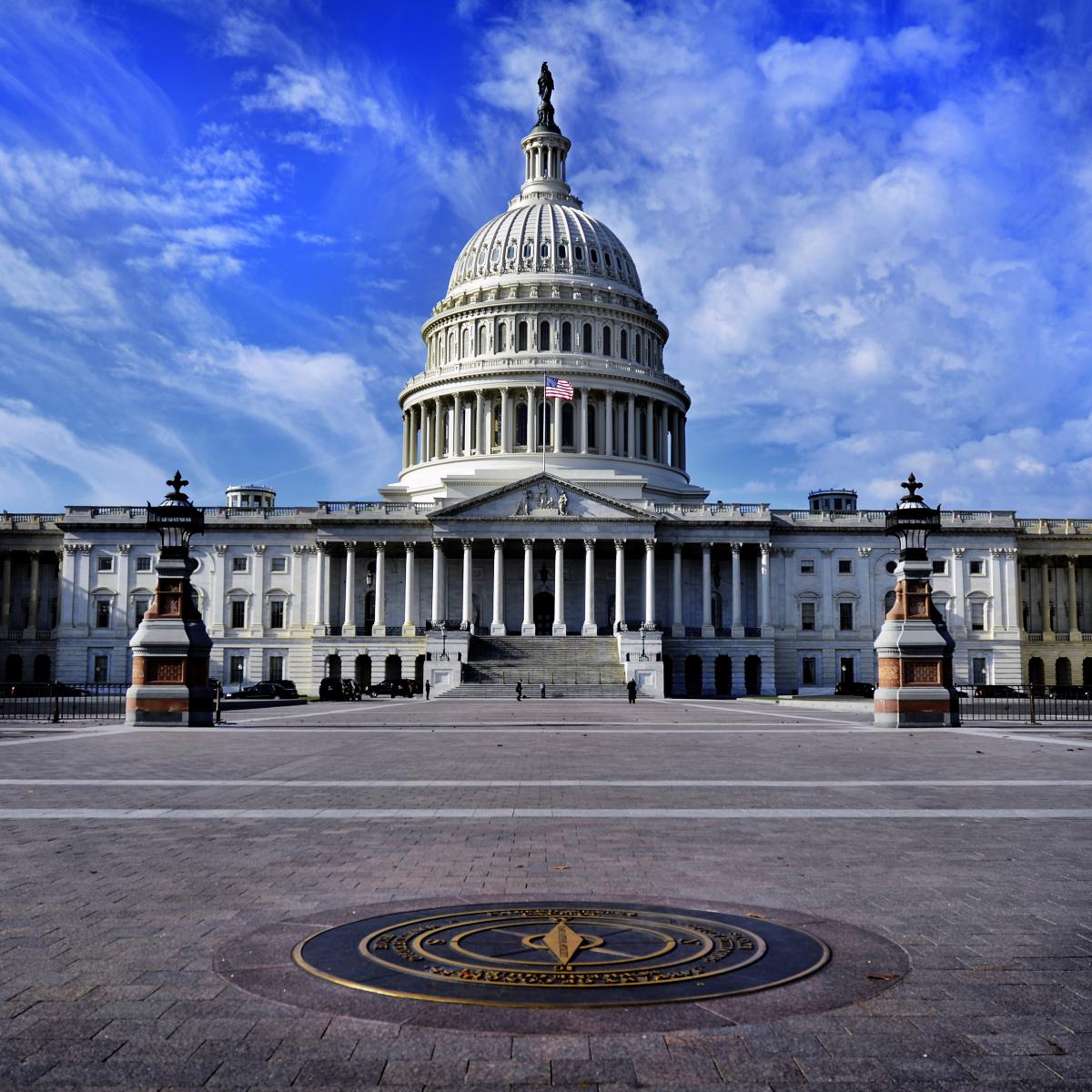 While the SECURE Act is garnering most of the attention, it’s not the only retirement-related legislation included in the spending bill now headed to the Senate.
While the SECURE Act is garnering most of the attention, it’s not the only retirement-related legislation included in the spending bill now headed to the Senate.
Distributions for Qualified Disasters
In addition to the SECURE Act, Congress added special disaster-related rules for the use of retirement funds. The legislation provides temporary tax relief to areas affected by certain qualified major disasters, including relief from the 10% early withdrawal penalty for qualified disaster relief distributions up to $100,000 from a qualified retirement plan, a 403(b) plan or an IRA. In addition, income attributable to a qualified disaster distribution may be included in income ratably over three years, and the amount of a qualified disaster distribution may be recontributed to an eligible retirement plan within three years.
Additionally, individuals who took a hardship distribution from a retirement plan for a first-time home purchase in the disaster area whose transaction was terminated due to the disaster can recontribute the amount back to the retirement plan without penalty. The loan limits on retirement plans subject to this relief can be increased from $50,000 to $100,000 and retirement plan loan repayment periods extended.
In general, the relief applies to individuals who suffered losses in a qualified disaster area beginning after 2017 and ending 60 days after the date of enactment, but additional rules apply to specific effective dates, including those related to a “qualified disaster distribution.”
Other Provisions
Congress also added the Bipartisan American Miners Act of 2019, which includes a provision moving the voluntary in-service distribution age under Code Section 401(a)(36) for defined benefit plans and 457(b) plans from age 62 to 59½. This provision was used as a revenue raiser to help offset the cost of securing funding for the 1974 Miner Pension Plan to prevent its insolvency.
Lawmakers also added so-called “tax extenders” to the spending bill, including the work opportunity credit and an employer credit for paid family and medical leave.
Visit our new SECURE Act resource center!
Multiemployer Fix Left Out
One area that was left out of the catch-all spending legislation was a fix for the multiemployer pension problem. While noting that he was happy to see several priorities included in the spending bill, Rep. Richard Neal (D-MA), who is Chairman of the House Ways and Means Committee, suggested there is an “egregious omission” in not including the Rehabilitation for Multiemployer Pensions Act, commonly referred to as the Butch Lewis Act.
Sponsored by Neal, this legislation passed the House in July and is pending in the Senate. Republican Senators have their own ideas for solving the crisis, however. Earlier this month, Senate Finance Committee Chairman Charles Grassley (R-IA) and Senate Health, Education, Labor and Pensions Committee Chairman Lamar Alexander (R-TN) unveiled a comprehensive draft proposal to address the multiemployer funding issues.

